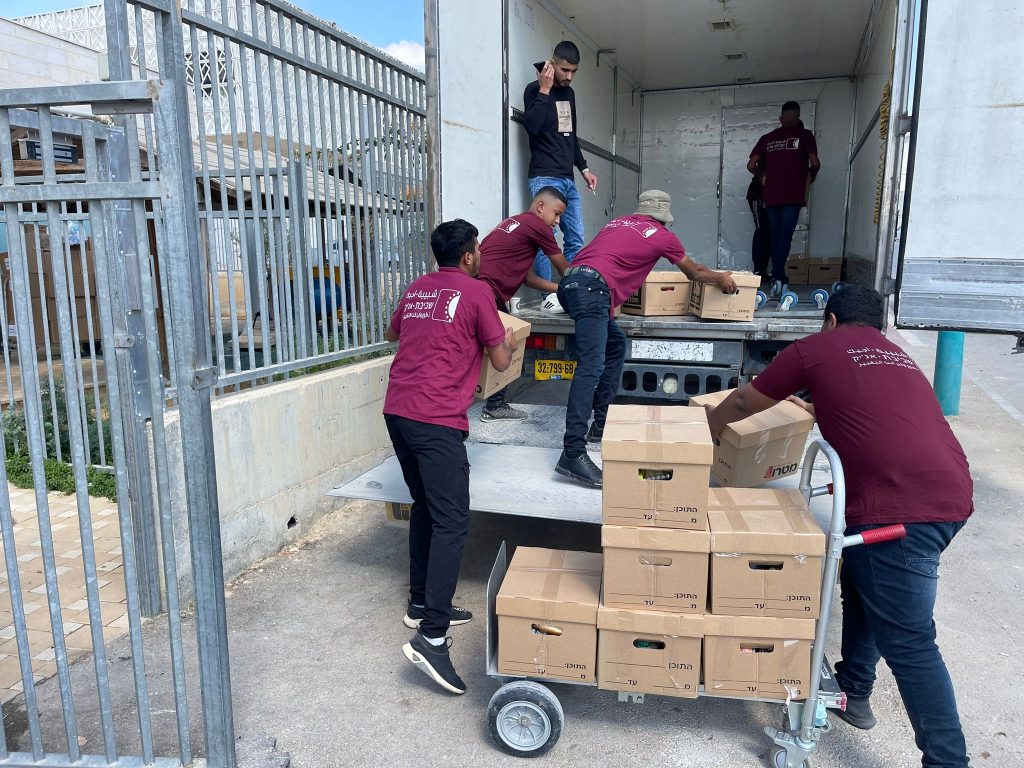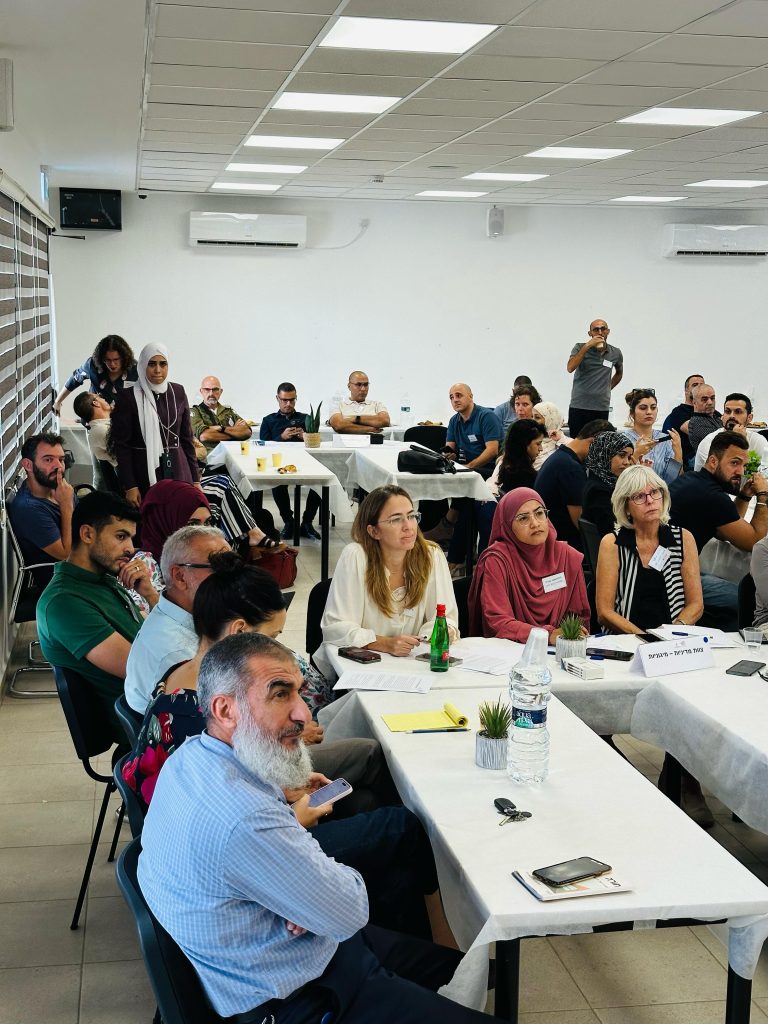
Menu

Shared Emergency Center work by the numbers:
With the outbreak of the war on October 7, 2023, AJEEC-NISPED led the establishment of the emergency room together with the Arab Emergency Committee, about 16 civil society organizations, local authorities, and government ministries. The Bedouin society suffered dozens of deaths from missiles and gunfire, with many kidnapped and wounded. Moreover, many unrecognized villages were vulnerable to rocket fire due to a lack of shelter, warning systems, and Iron Dome protection. Thousands of children were left without a daily hot meal when the food program of the Ministry of Education was closed at the beginning of the war.
The Shared Emergency Center established by AJEEC-NISPED, with all the partners, provided responses to all these issues and more, while creating a Jewish-Arab ecosystem that works together for the benefit of society. Task forces were established on issues of education, resilience, advocacy, shelter, and more, in which government representatives, authorities, civil society organizations and the Home Front Command work hand in hand.
Hundreds of Jewish and Arab volunteers worked together in villages and cities in the Negev, placing shelters, running informal activities for children and parents, providing mental health support, packing food parcels, and more
Already in the first month of the war, the organization launched an extensive media campaign with 3 videos aimed at promoting a shared society and preventing incitement, under the title “Everyone has a different story, and we are all staying here. We don’t lend a hand to incitement.” The campaign reached 15 million views in the Jewish and Arab media.
About a month after the war began, AJEECinitiated and led an education conference for a shared society in Segev Shalom, with the participation of over 150 educators, representatives of Jewish and Arab associations and shared society organizations. The conference gave birth to new initiatives for meetings between Arab and Jewish students and educators, strengthening the work with educational inspectors on a regional level, education directors in the local authorities, and school principals of the Ministry of Education.


On the educational level, AJEEC continued to work to promote a shared society–even in this complex period, in the shadow of the war, the young participants in the Arab-Jewish gap year program (an Israeli Scouts group together with young people in AJEEC gap years) meet two days a week for a shared dialogue and on other days volunteers together in Jewish and Arab schools. In addition to this, AJEEC gap year groups met regularly with corresponding groups from Mechinat Rabin, the Mechina Yerushalmit, and the ‘Menashrim Kello’ Mechina. These days we are working on a significant expansion of the Shared Society activities in the organization in order to reach thousands of Arab and Jewish young people every year, and to bring them together in a variety of partnership initiatives.
Discourse on identity, encounter, and shared action are a significant milestone for building unity in Israeli society and AJEEC has worked to promote these meetings even more strongly during the war. This has a decisive contribution in strengthening the home front and promoting social cohesion